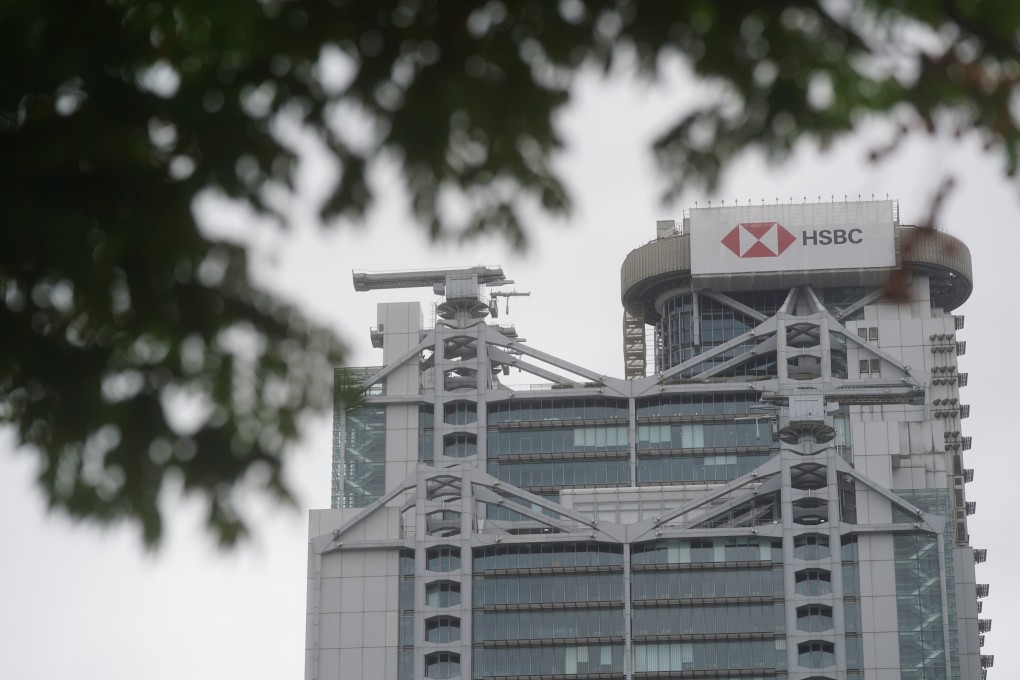HSBC, Standard Chartered, Hang Seng Bank and BEA set aside a combined US$1.02 billion to cover for Chinese property sector risks
- Time will tell as to whether that sector has more losses coming or not, says HSBC CEO
- While profitability at larger lenders HSBC and Standard Chartered was not hurt by the provisions, it declined 16 per cent at Hong Kong and China-focused Hang Seng Bank

“There was no doubt that, in the fourth quarter, the level of market uncertainty increased and the level of contagion risk on that whole sector of commercial real estate in China increased relative to the second or the third quarter,” Noel Quinn, HSBC’s CEO, said in an analyst briefing last week.

China’s property developers have had to live with a liquidity crunch since Beijing started a crackdown on the sector mid last year. As a result, major home builders such as China Evergrande Group, Fantasia, Modern Land and Kaisa Group Holdings defaulted on offshore debt last year. And others, such as China Aoyuan Group and Yuzhou Group, have joined this list in 2022.
“Time will tell as to whether that sector has more losses coming or not, but we thought it wise to model in some additional provisions, based on that level of uncertainty,” Quinn said. “We’ve seen the market conditions ease a bit at the start of 2022. We think that is likely to have a benefit on the risk position on commercial real estate in China.”